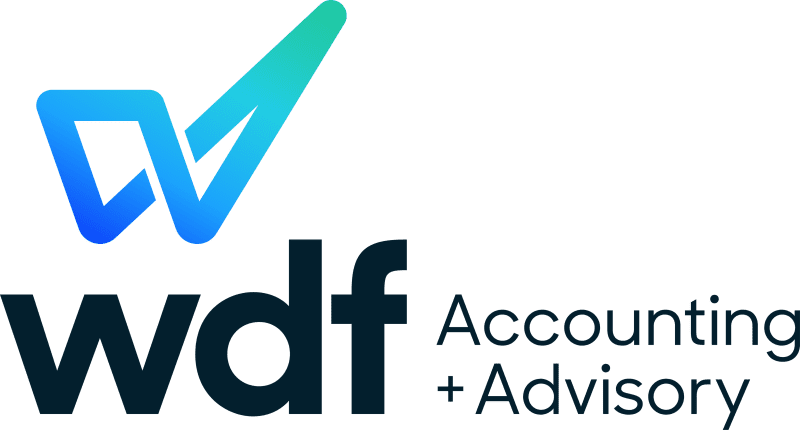Rules and entitlements during the end-of-year holiday season
As we head into the summer holiday period, is your business up to speed with your rights and obligations? It can be confusing to employers
and employees alike – public holidays worked or taken as annual leave, business shutdowns, annual leave provisions… there are many rules
employers need to understand.
Employees are entitled to annual leave and public holidays under the National
Employment Standards minimum
entitlements.
Employers can ask employees to work on public holidays within reason. For example, if the business is open every day of the year, and the
employment agreement states that public holidays may be required, the employer can reasonably ask an employee to work a public holiday.
An employee can refuse to work on a public holiday if the request is unreasonable or there are reasonable personal grounds for refusing.
Christmas and New Year Public Holidays 2023
The following link has the Christmas and New Year Public Holidays that apply to employers in all states for the Christmas period and beyond
- 2023 Public Holidays
Public holidays are paid at ordinary rates for employees who take the day off. Employees who work on a public holiday must either be paid
penalty rates according to the relevant award or be given an extra day off in lieu of the public holiday. Some awards have specific
provisions or additional benefits for public holidays, so it's important to check.
If an employee has booked annual leave for the Christmas and New Year periods, the public holidays are not counted as annual leave.
Some other key points to remember:
- Public holidays are counted as service, so annual and personal leave continues to accrue as usual.
-
Overtime worked on a public holiday may be paid at a different rate than regular overtime – check the relevant award or agreement.
-
Check the award or agreement for shutdown provisions. Most awards have guidance for directing employees to take leave during annual
shutdowns.
-
If employees don’t have enough annual leave, employers can agree to pay them in advance for leave not yet accrued, or the employee can
take unpaid leave.
The Fair Work Ombudsman (FWO) has further advice on rules and entitlements during the end-of-year holiday season.
You might also need to think about cashflow planning for the holiday period, particularly if the business shuts down but still has
obligations for payroll an other expenses.
If you would like to discuss your employer responsibilities and require help to plan holiday period payments, please contact your WDF
team member or phone 6921 5444.
WDF Accounting and Advisory | Accountants Wagga | Your partners in business
Providing carefully tailored accounting solutions in business advisory, tax compliance, bookkeeping, Self-Managed Super funds, and more.



